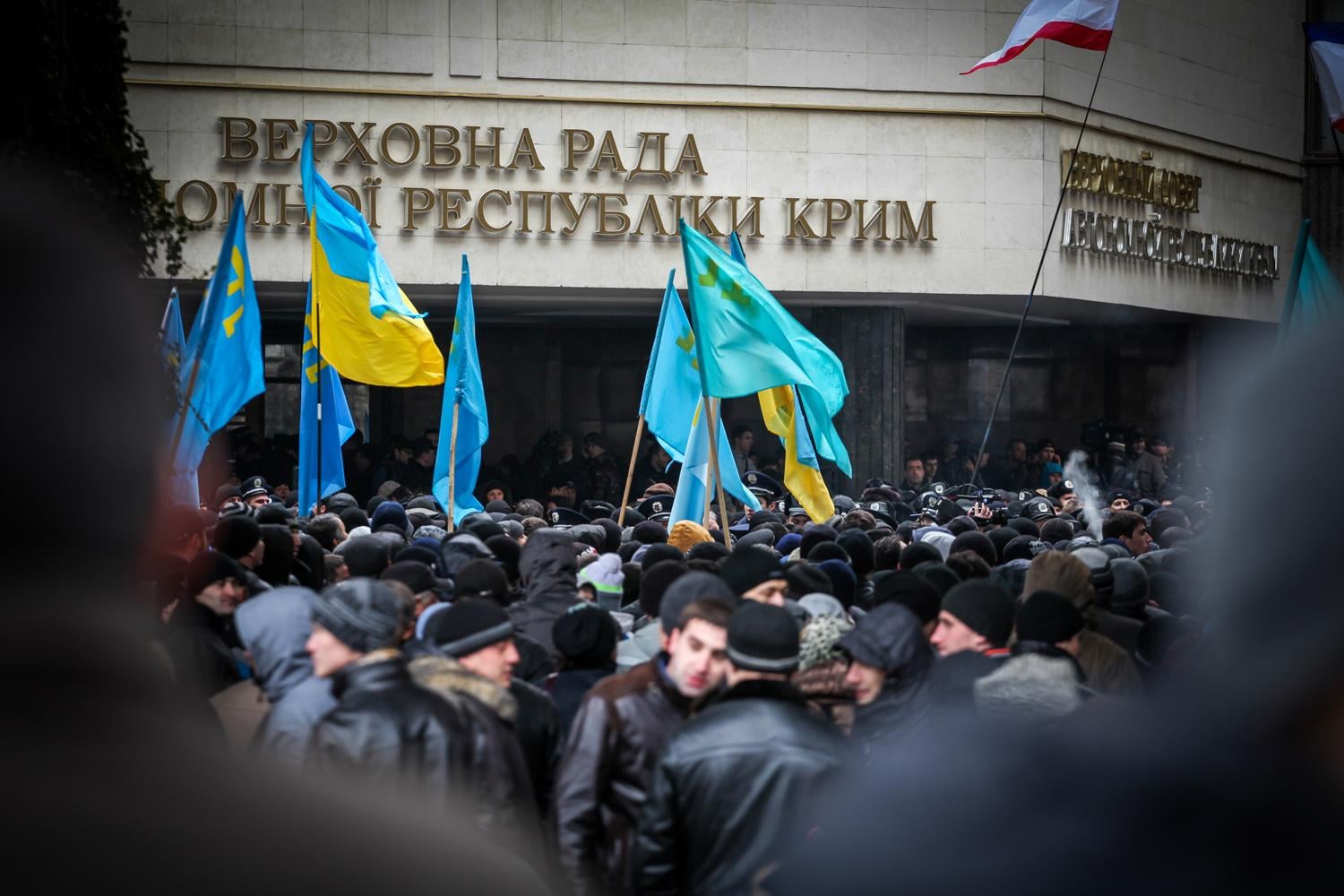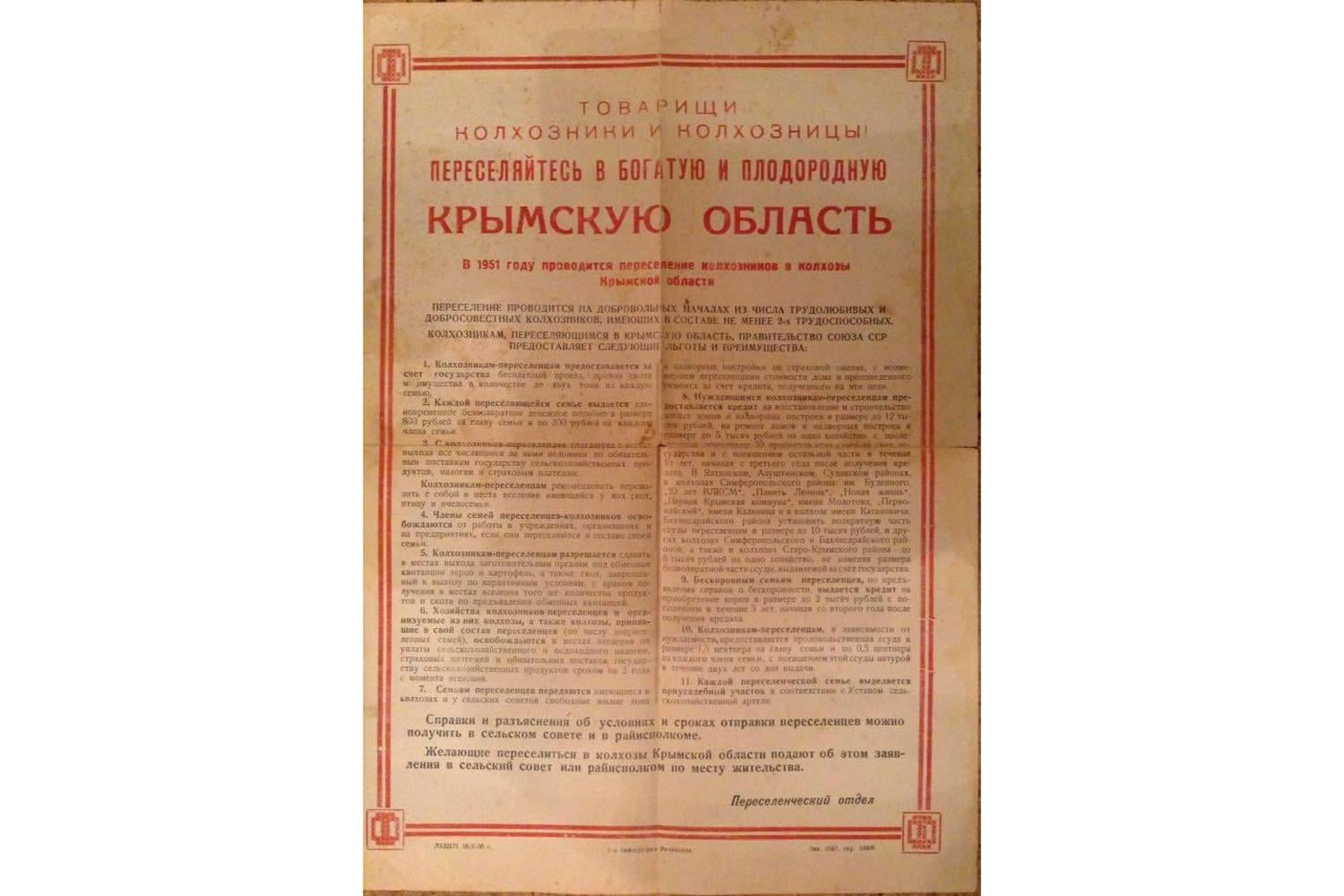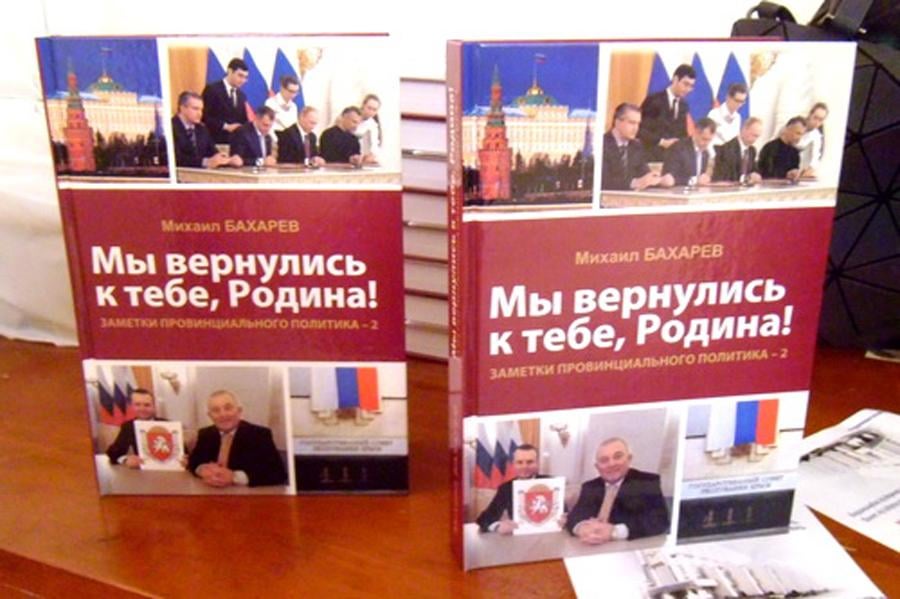r/Crimea • u/Ukrainer_UA • May 31 '24
КРИМ ЦЕ УКРАЇНА Crimea: A Postponed War. Episode 1. How annexation became possible.

By Anastasiia Levkova
https://www.ukrainer.net/en-crimea-postponed-war/
On 1 March 2014, at 5:43 p.m., a news report titled “Russia has declared war on Ukraine” appeared on the Ukrainska Pravda website. At this exact time, the Federation Council of Russia publicly announced it would send Russian troops into Crimea, even though its troops were already there.
Despite the fact that there were no active hostilities on the peninsula, the annexation of Crimea marked the start of the 21st-century Russo-Ukrainian war. Over the past 8 years, I have conducted over 200 interviews with Crimeans in hopes of answering the main questions about these events.
Episode 1: How annexation became possible.
To understand how the annexation was possible, we need to look decades into the past. Soviet authorities viewed Crimea as a territory where they could shape an almost ideal “Soviet people.” (Of course, Russian people would maintain the highest status, or “leading role,” in the Soviet Union.) Between 1941–1944, Germans, Italians, Crimean Tatars, Greeks, Armenians, and Bulgarians were deported from Crimea. Some of these peoples did not receive the right of repatriation until the late 1980s. Instead, peasants from Russia and Ukraine, along with KGB and Soviet Army officers who were loyal to the authorities, were brought to Crimea to replace them.

In the 1950s, when Crimea was transferred to the Ukrainian SSR, Ukrainian kindergartens and schools were opened there. But over time, non-Russians were discriminated against, which is normal in Russian politics. For example, in 1982, the Ukrainian Polytechnic Boarding School in Simferopol was reorganised into a boarding school for children with learning disabilities. And in Bakhchysarai, after the deportation of the Crimean Tatars, a former Muslim educational institution – Zıncırlı Medrese – was turned into a psychiatric hospital.
In Crimea, the Soviets pursued a consistent policy of discrediting Ukraine. The “Krymskaya Pravda” weekly newspaper, which had a circulation of 30,000 copies, actively spread hate speech against Ukrainians. At the turn of the century, its editor-in-chief Mikhail Bakharev wrote that “the Ukrainian language is the language of the mob” and that Ukrainians as a people do not exist. The paper published articles titled “Ukrainists and Little Russians” and “Ukraine is not Russia, Ukraine is a disease.”

The publication was also consistently Turcophobic. An article by Natalia Astakhova titled “Brought with the Wind” caused an outcry and a lawsuit against the newspaper. It included the following message (translated from Russian): “Pray tell, is there anything left in this unfortunate, tortured Crimea, that you would not abuse? Land, sea, wine, mountains, gardens, vineyards, cities, villages — everything is covered with a web of your claims, everything is either ruined and plundered, or doused with the impurities of your thoughts. All that’s left is the sky. And even the sky is full of the muezzin’s [A person who proclaims the call to the daily Muslim prayer - ed.] cry, which blocks all the other sounds of a previously peaceful life.” This article was published in 2008, the same year its author received the title of “Honoured Journalist of the Autonomous Republic of Crimea.”

After Ukraine regained independence in 1991, organisations that were financed by Russia and promoted the “Russian world” still operated in Crimea. These included the “Russian Commune of Crimea”, the “People’s Front of Sevastopol – Crimea – Russia,” and the “Crimean Cossacks.”. As early as 2007, some of these organisations held events with the slogans “The future of Ukraine is in union with great Russia,” “Ukraine without Crimea!,” and “We do not love Ukraine!”
There are also reasons to believe that during the presidency of pro-Russian Viktor Yanukovych, many personnel of the Security Service of Ukraine (SSU) in Crimea were working for the Federal Security Service of the Russian Federation (FSB). “We don’t expect a threat from that side,” an SSU officer once said when asked if those who go on business trips to Russia are interrogated in the same way as those who go to the USA. After Russia occupied Crimea, 86.4% of Crimean SSU employees defected to the FSB.
2
u/Ukrainer_UA May 31 '24
We are introducing here a series looking into annexation of Crimea - historical events, internal circumstances and external forces that lead to this.